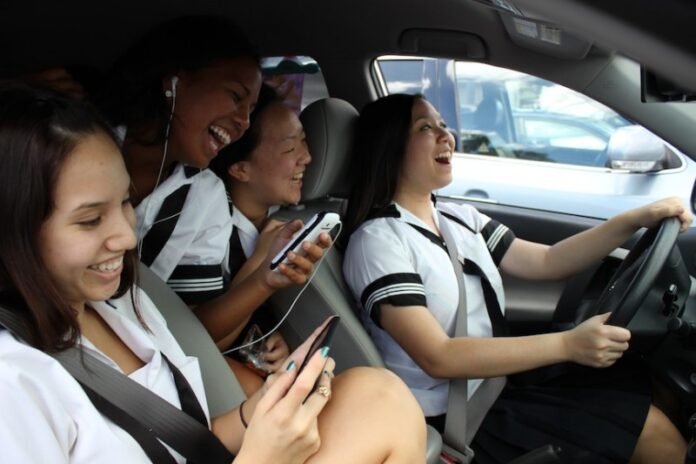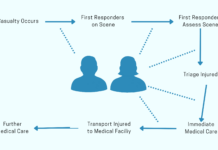Author: National Highway Traffic Safety Administration
Date: April 2012
Link: https://www.nhtsa.gov/sites/nhtsa.gov/files/811613.pdf
A number of studies have shown that passengers substantially increase the risk of crashes for young, novice drivers. This increased risk may result from distractions that young passengers create for drivers.
Alternatively, the presence of passengers may increase the likelihood of teenage drivers engaging in explicitly risky behaviors, for example, by actively encouraging the drivers to take risks. A better understanding of the nature of passengers’ influence on teenage driving will help develop strategies to reduce young drivers’ increased crash risks.
Risky driving behaviors by teenage drivers were more common in the presence of teenage peers. However, some of the mechanisms commonly thought to explain the increased crash risk when carrying passengers were rare, such as instances of deliberate encouragement for the driver to take risks.
Several potential distractions were common when teenage peers were present, including loud conversation and horseplay. Other distractions, such as electronic device use, were less common in the presence of passengers. Siblings appeared to have little effect on the behavior of teen drivers.
This short study gives a bit of insight to a demographic I have yet to collect much data on – teens. Particularly if our secondary target audience has older children within the 1-10 age bracket, they will likely be planning on what is to come in the next ten years when choosing their vehicle, that being when their kids will begin driving. Even though it may seem like a bit of an arbitrary thing to consider during the research phase in terms of what the buyer is looking for, as for passenger experience, it’s important to note any distractions that could lead to a negative experience, regardless of age. From the results of this study, we can conclude that young drivers could potentially benefit from many of the the future tech being implemented into vehicles, yet, having a teenager in charge of an autonomous vehicle may be worrisome for parents as well, particularly if the vehicles in consideration remain at a 1 or 2 level autonomy, which would still require attentiveness behind the wheel.
National Highway Traffic Safety Administration. (2012). The Effect of Passengers on Teen Driver Behavior. Traffic Tech Technology Transfer Series, 1–2.




